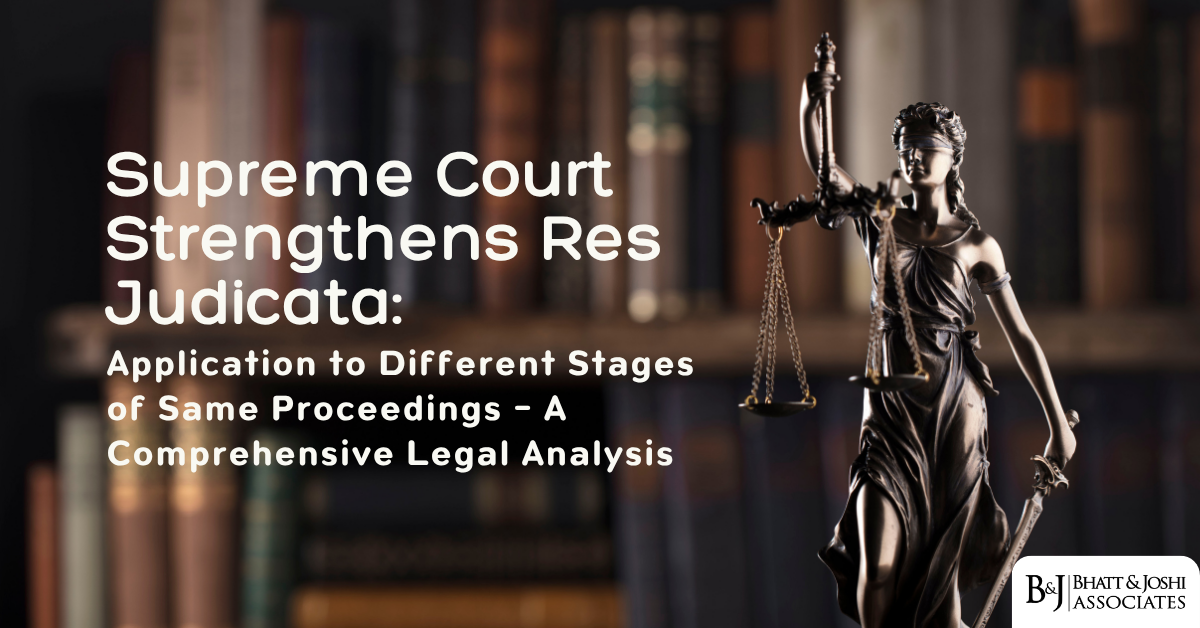INTRODUCTION

After investigation if the goods are found liable for confiscation, the taking of its possession from the owner by the empowered authority is termed as seizure. Confiscation meaning losing of ownership as well after proper adjudication. In other words, confiscation is the lawful taking of the goods whose import is prohibited in India. Seizure always precedes confiscation. The Customs Act 1962, (hereinafter will be referred as “Act”) regulates the procedure of Seizure and Confiscation in India.
Seizure under the Customs Act
Section 110 of the Act lays down the procedure of seizure of goods, documents and things. Sub- section (1) of the provision States that-
“If the proper officer has reason to believe that any goods are liable to confiscation under this Act, he may seize such goods: Provided that where it is not practicable to seize any such goods, the proper officer may serve on the owner of the goods an order that he shall not remove, part with, or otherwise deal with the goods except with the previous permission of such officer.”
Further if the goods are of perishable or hazardous nature in such cases the officer “shall prepare an inventory of such goods containing such details relating to their description, quality, quantity, mark, numbers, country of origin and other particulars as the proper officer may consider relevant to the identity of the goods in any proceedings under this Act and shall make an application to a Magistrate for the purpose of— (a) certifying the correctness of the inventory so prepared; or (b) taking, in the presence of the Magistrate, photographs of such goods, and certifying such photographs as true; or (c) allowing to draw representative samples of such goods, in the presence of the Magistrate, and certifying the correctness of any list of samples so drawn.”
Further Section 110(2) lays down the rule responsibility to send a notice under section 124 of the act within six months of the seizure to the owner. If this requirement is not met the goods are to be returned after 6 months. However, “Principal Commissioner of Customs or Commissioner of Customs may, for reasons to be recorded in writing, extend such period to a further period not exceeding six months and inform the person from whom such goods were seized before the expiry of the period so specified.”
Sub-section (3) grants power to the proper officer to seize any relevant documents and thinks which he thinks to be useful for the further proceedings. Whereas, sub- section (4) states that “The person from whose custody any documents are seized under sub-section (3) shall be entitled to make copies thereof or take extracts therefrom in the presence of an officer of customs.”
Section 110A provides for the provisional release of goods it states that “Any goods, documents or things seized under section 110, may, pending the order of the [adjudicating authority], be released to the owner on taking a bond from him in the proper form with such security and conditions as the [adjudicating authority] may require.]”
In the case of S. B. International v. Asst. Director DRI, 2018 the words “reason to believe” in Section 110(1) is material and the proper officer cannot seize the goods on the basis of mere suspicion.
Principal Commissioner of Customs (Import), ICD v. Santhosh Handloom, 2016, relying on the judgement of Harbans Lal v. Collector, 1993 the court held that Section 110 is the only provision that deals with seizure under the custom act. Further it talks about the issuance of show cause notice failing which goods are to be returned to the owner as well as the penal nature of the confiscation process makes it necessary that the notice is served to the owner of the goods only or the other person specially authorised by the owner for this purpose.
Confiscation under the Customs Act
- Section 111 provides for the confiscation of improperly imported goods and lays down the list of goods that can be confiscated under this provision when brought from outside of India and Section 112 provides penalties for the same.
- Section 113 provides for the confiscation of improperly exported goods and lays down the list of goods that can be confiscated under this provision when brought from outside of India and Section 114 provides penalties for the same.
- Section 115 provides for conveyances that are liable for the confiscation.
- Section 118 grants the authority to confiscate packages due to their content. It states as follows:-
(a) Where any goods imported in a package are liable to confiscation, the package and any other goods imported in that package shall also be liable to confiscation.
(b) Where any goods are brought in a package within the limits of a customs area for the purpose of exportation and are liable to confiscation, the package and any other goods contained therein shall also be liable to confiscation.
- Section 119 grants the authority to confiscate goods used to conceal smuggled goods with the smuggled goods.
- Section 120 grants the authority to confiscate smuggled goods in case their shape has been changed. Further if smuggled goods are mixed with the other goods in a way that they cannot be separated, the whole is liable for confiscation. However if “the owner of such goods proves that he had no knowledge or reason to believe that they included any smuggled goods, only such part of the goods the value of which is equal to the value of the smuggled goods shall be liable to confiscation.”
- Section 121 provides for the confiscation of the sale proceeds of the smuggled goods in case goods are sold by a person having knowledge or reason to believe that the goods are smuggled goods.
- Section 122 provides that when “anything is liable to confiscation or any person is liable to a penalty, such confiscation or penalty may be adjudged”. Further Section 122A states that a “(1) The adjudicating authority shall, in any proceeding under this Chapter or any other provision of this Act, give an opportunity of being heard to a party in a proceeding, if the party so desires. (2) The adjudicating authority may, if sufficient cause is shown at any stage of proceeding referred to in sub-section (1), grant time, from time to time, to the parties or any of them and adjourn the hearing for reasons to be recorded in writing:
Provided that no such adjournment shall be granted more than three times to a party during the proceeding”
- Section 123 provides for the burden of proof in certain cases. It states that “(1) Where any goods to which this section applies are seized under this Act in the reasonable belief that they are smuggled goods, the burden of proving that they are not smuggled goods shall be—
(a) in a case where such seizure is made from the possession of any person,— (i) on the person from whose possession the goods were seized; and (ii) if any person, other than the person from whose possession the goods were seized, claims to be the owner thereof, also on such other person;
(b) in any other case, on the person, if any, who claims to be the owner of the goods so seized.”
(2) This section shall apply to gold, [and manufactures thereof], watches, and any other class of goods which the Central Government may by notification in the Official Gazette specify.
- Section 124 mandates for the issue of show cause notice before confiscation of the goods.
- Section 125 gives the option to pay fine instead of confiscation and states the conditions for the same.
- Section 126 states that confiscated goods vest in the government after confiscation.
- Lastly Section 127 states that “The award of any confiscation or penalty under this Act by an officer of customs shall not prevent the infliction of any punishment to which the person affected thereby is liable under the provisions of Chapter XVI of this Act or under any other law.”
Conclusion
In the present blog we briefly discussed the procedure of seizure and confiscation in India as prescribed by the Customs Act, 1965. The act very elaborately explains the procedures related to seizure and confiscation of illegally exported and imported goods and also provides for the fines and penalties for the same.
References
- Jena, R.C. (2018, August 28). Complete Provisions of Seizure and Confiscation under Customs Act, 1962. TaxGuru. https://taxguru.in/custom-duty/seizure-confiscation-customs-act-1962.html
- The Custom Act,1962.
- S. B. International v. Asst. Director DRI, 2018 (361) E.L.T. 305 (Del.)
- Principal Commissioner of Customs (Import), ICD v. Santhosh Handloom, 2016 (337) E.L.T.44 (Delhi High Court)
- Harbans Lal Vs. Collector of Central Excise And Customs Chandigarh, AIR 1993 SC 2487.













